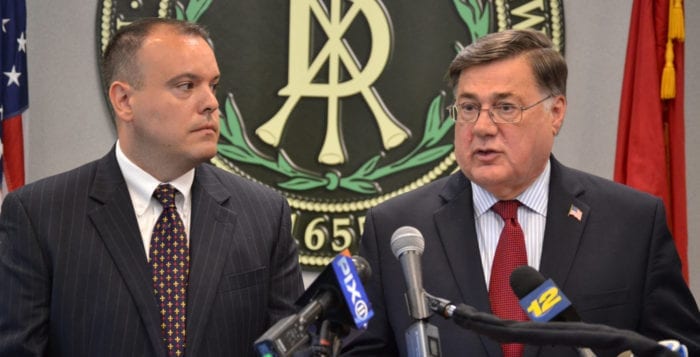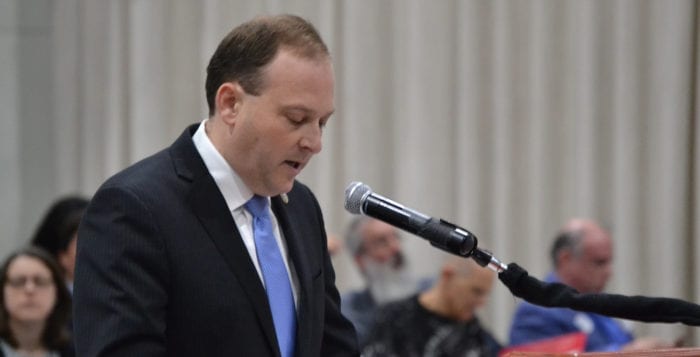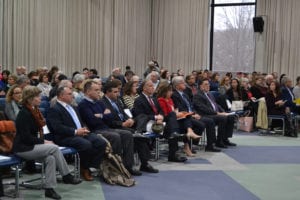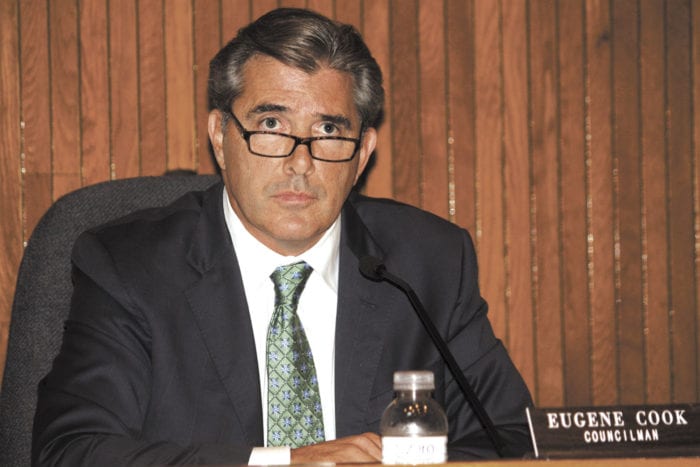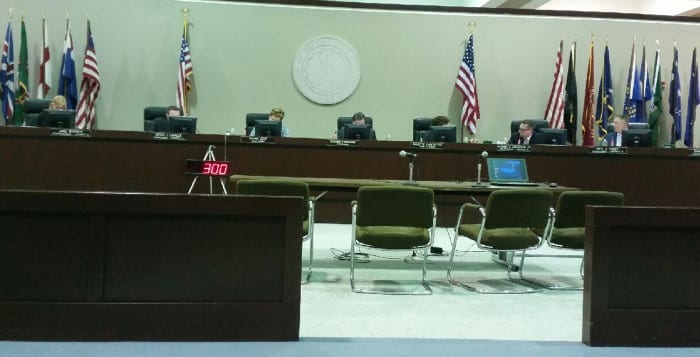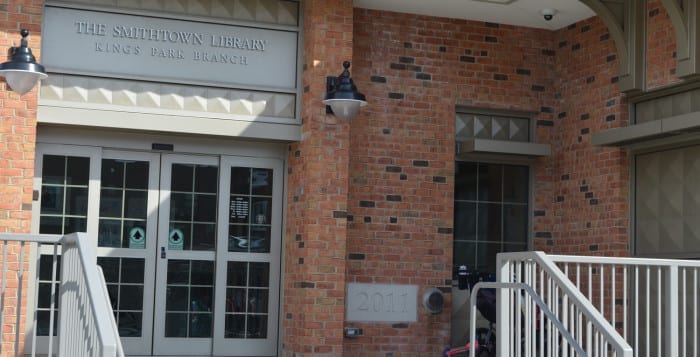By Chris Cumella
Through a Zoom meeting Feb. 4, the Smithtown Town Board and residents gathered together virtually to elaborate on the efforts of the town and H2M Architects and Engineers, of Melville, to implement a comprehensive master plan within the next couple of years. The meeting followed other public outreach meetings that have been held since the middle of January to discuss specific plans for Commack, Hauppauge, Nesconset, Kings Park and St. James.
On December 15, 2020, the town released a draft comprehensive plan and initiated the State Environmental Quality Review process.
Directing participants through a slideshow of statistics and ambitions allowed Allyson Murray, principal planner of the Planning Department, to detail the progress of their collaborative efforts with H2M.
Murray said that the town’s former plan “is outdated,” considering the last time it had been adopted was 1957 — and once more before that in 1949. She especially elucidated that the plan’s proposals were only hypothetical and subject to alteration at any point in the next two years.
“There have been questions in some of the past presentations where people thought some of the made recommendations in the plan were 100 percent going to happen,” Murray said. “That’s not really the case — these are guiding policy recommendations that may be implemented.”
The town extended its public outreach to the community in advance in 2019. Murray emphasized that announcements had been made at each of the Town Board meetings, fliers distributed in the downtown areas and in schools, and mentioned the various articles featured in local newspapers.
The presentation made available to those on the call had been made possible from the result of public outreach that the Town Board extended. In addition to the 1,200 responses that the town had garnered in the spring of 2019, it also hosted 370 participants over the course of six community-planning workshops.
“This is the public input over the course of months we were taking it,” Murray said. “H2M took these comments, met with the town, and began preparing that draft plan.”
The plan’s formulation took one year following community feedback.
Smithtown residents felt there was an increased need for safety and renovations, also people needed high quality to be upheld and refurbishments made in several areas of the town.
Pedestrian safety was highlighted as a significant concern, which included enhancing walkability along Main Street as well as the general streetscape. The community also wanted to see the removal of fences that separate the town, county and state parks, and more buildings added to the National and State Registers of Historic Places.
Murray advised what the next steps of the plan would entail for the town and community. In March, a public hearing on the draft plan is set to occur with a date to be determined, which would allow for further public feedback and revision of the plan as necessary. Another hearing will occur in May when the final comprehensive plan will be formatted.
The Town Board recommends that the community continues to provide as much feedback as possible by utilizing its website and to see what the comprehensive plan holds in store for Smithtown’s future.
For more information about Smithtown’s comprehensive master plan and to view the public outreach meetings, visit www.smithtownny.gov/648/draft-comprehensive-plan.


